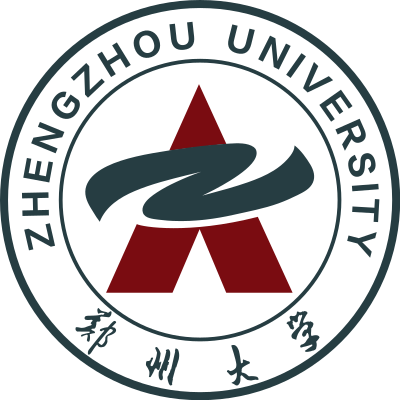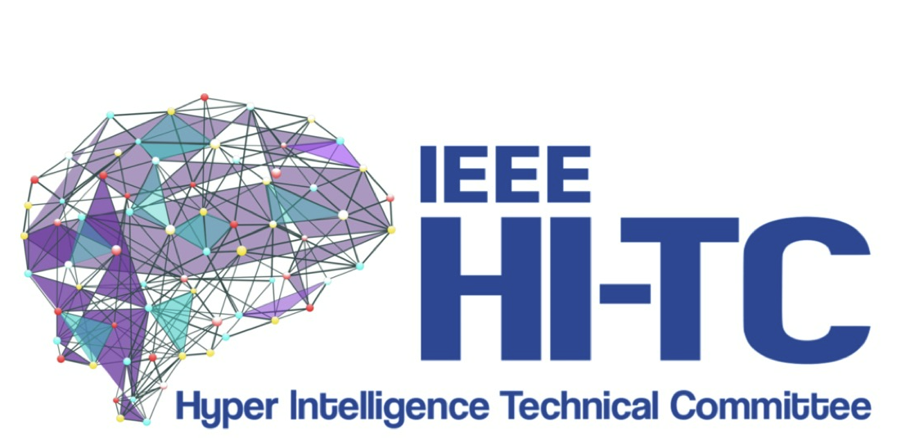|
Call For Papers |
|
Download: PDF
The smart city is a modern urban sustainable development concept and practice based on digital, networked and intelligent information and communication technology facilities, with social, environmental and management as the core elements, and ubiquitous, green and beneficial to the people as the main features. It is a strategic cognition of the scientific development of modern cities and a specific method to respond wisely, another innovative top-level design for the future scientific development of cities, and an integration and sublimation of previous urban development concepts.
Track 1: Internet of Things (IoT) and Smart Sensing •Security Model and Architecture •Smart Sensing in IoT •Trustworthy Data Collection in IoT •Information Security in IoT •Ubiquitous Safety in IoT Track 2: Urban Computing and Big Data •Data Collection and Data Mining for Smart City •Expression and Visualization of Urban Data •Urban Monitoring and Optimization •Intelligent Transport Systems •Urban Traffic Flow Prediction Track 3: Sustainable Industry 4.0 •Enterprise Manufacturing and Management Informatization •Green Industry and Sustainable Manufacturing •Resource Allocation Efficiency Promotion Technologies •Integration of Information and Industrialization •Energy Informatics Track 4: Smart Society Informatization Technologies •E-Government for Smart City •E-Health for Smart City •E-Education for Smart City •E-Social Services for Smart City •Social Mobility Analysis and Social Life Informatization Track 5: Cloud/Edge/Fog Computing for Smart City •Cloud Computing for Smart City •Collaborative Cloud and Fog Computing for Smart City •Future Computing with Multiple Clouds •Security and Privacy across Clouds Track 6: Applications for Smart City Informatization •Structural Health Monitoring in Smart City •Smart Grids and Energy •Smart Water and Food Systems •Applications for Smart Community and Smart Pension •Applications for Smart Environment and Smart Economy PAPER SUMBMISSION All papers need to be submitted electronically through the conference submission website (https://edas.info/N32632) with PDF format. The materials presented in the papers should not be published or under submission elsewhere. Each paper is limited to 8 pages (or 12 pages with over length charge) including figures and references using IEEE Computer Society Proceedings Manuscripts style (two columns, single-spaced, 10 fonts). Manuscript Templates for Conference Proceedings can be found at: https://www.ieee.org/conferences_events/conferences/publishing/templates.html Once accepted, at least one of the authors of any accepted paper is requested to register the paper at the conference. |
 |
 |
|---|
Copyright iSCI-2024. Created and Maintained by iSCI-2024 Web Team.



